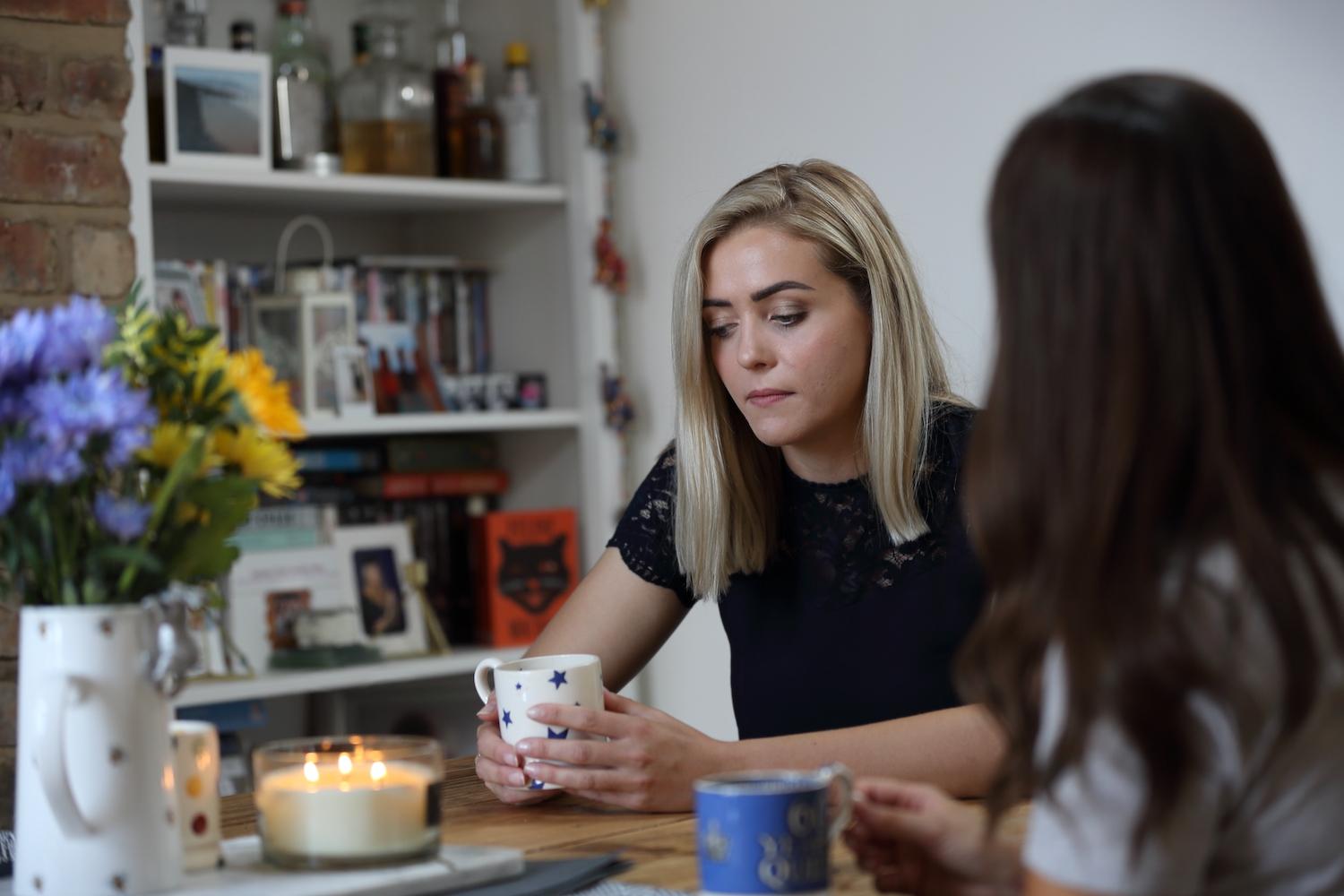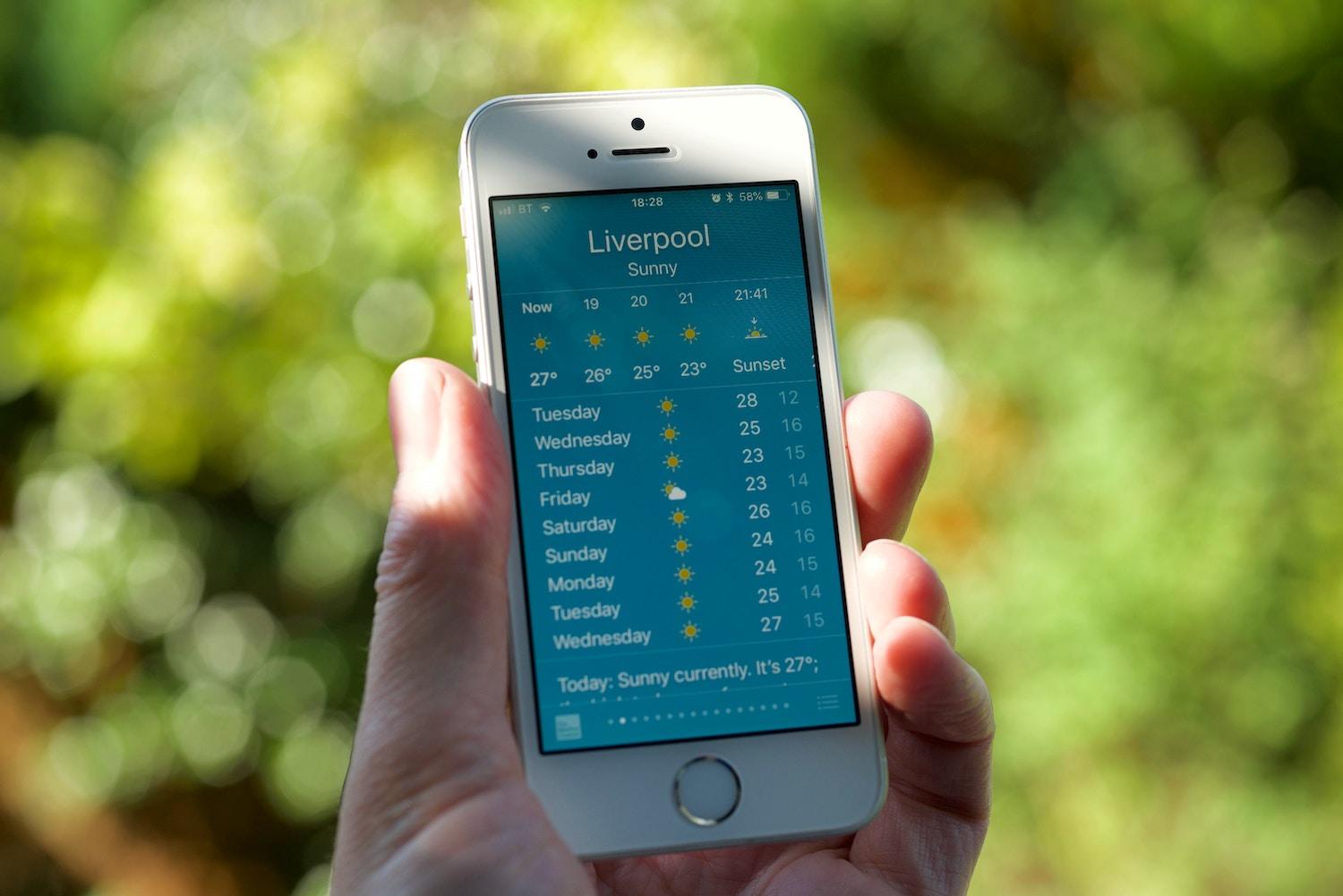
Getting enough sleep is an important part of stroke recovery. But research has shown that around half of stroke survivors experience sleep problems.
Despite this, only a small percentage of stroke survivors undergo formal sleep testing.
The role of sleep in stroke recovery
Sleep is an important part of stroke recovery.
Researchers think that sleep plays a part in your brain's ability to create new pathways. It can also strengthen connections in the brain. This is known as neuroplasticity.
Poor sleep has also been shown to affect the recovery of motor control. This means things like balance, dexterity, sensation and so on.
The relationship between poor sleep and stroke recovery, sadly, is not fully understood. But it is fair to say that good sleep is important to recovery, mood and quality of life. And many stroke survivors are not getting this good sleep.
In this blog, we're going to explore some of the most common types of sleep problems after stroke. We'll also look at how you can get help.
Common sleep problems after stroke
There are a lot of different reasons why someone may not be getting enough sleep after a stroke.
We'll be discussing the three most commonly reported.
If you're having a problem with your sleep and don't see it below, you should still get in touch with your doctor.
Sleep-disordered breathing
Sleep-disordered breathing is also called sleep apnoea. It is when your breathing pattern isn't steady or normal while you're sleeping.
It can happen if your airway is blocked. Or if your brain isn't sending the right signals to your lungs. It can also be due to other health complications, including smoking.
One study found that between 25% to 66% of stroke survivors have sleep-disordered breathing. The range is down to the difference in severity.
This is worrying. Serious forms of sleep-disordered breathing can be linked with a higher risk of having a stroke. It can also increase your risk of other health conditions.
The symptoms of sleep-disordered breathing include loud snoring, choking or gasping for air during sleep. It can also cause excessive daytime sleepiness.
We should say that snoring is not a definite symptom of sleep-disordered breathing. But if you regularly snore, it may be worth getting checked out just in case.
Insomnia
Insomnia is when you aren't able to get enough sleep. This could be because you can't fall asleep or because you can't stay asleep.
Some people who experience insomnia will nap regularly during the day. Others will be unable to nap, even though they are tired. It can leave you feeling irritable during the day.
Between 35% to 42% of stroke survivors experience insomnia, depending on severity. The numbers are higher immediately after a stroke. But over a third of people may still be struggling with insomnia three months after their stroke. Many still experience insomnia for years after their stroke.
Insomnia can have many causes. Some of these are environmental. For example, your bedroom may be too bright, too cold or too hot. You may be drinking caffeine or alcohol too close to going to bed.
Some medications can also cause insomnia. So can some physical health conditions including long-term pain. Mental health conditions, including depression, can also contribute to insomnia. Insomnia can also lead to depression and low mood.
Limb movement sleep disorders
There are two types of limb movement disorders that we are going to cover in this section. These are restless leg syndrome and periodic limb movement.
Restless leg syndrome (RLS) is characterised by an overwhelming urge to move your legs. It can also cause unpleasant sensations or tingling in your legs.
Periodic limb movement disorder is when your legs or other limbs jerk or twitch on their own.
People who have these conditions can find it very difficult to fall asleep or stay asleep.
RLS is slightly less common, with only between 10% to 13% of stroke survivors reporting it. Period limb movement can affect between 27% to 42% of stroke survivors.
Getting help
For some, a change in routine or habits will be enough to help their sleeping troubles. They might reduce the amount of caffeine or alcohol they drink. Or try quitting smoking and/or exercising more. For some just keeping to a consistent sleep-wake routine is enough.
Others will need to turn to their doctor for help.
Identifying the problem
The first step in getting help is for your doctor to understand the root cause of your sleep troubles.
If your medication is causing the problem, reporting your sleeping problems may be enough for your doctor to help.
In other cases, your doctor may want to use other techniques to identify the cause of your sleep disorder. They may ask you to keep a sleep diary or wear a tracker to identify what exactly is going wrong.
In more extreme cases, you may be asked to attend a sleep clinic so doctors can better work out what is happening.
These tools can help your doctor find the right treatment options for you.
Treatment options
As mentioned before, changing your routine or lifestyle can help with some sleep disorders. You can read more about good sleep hygiene here.
But some people will need extra help.
Some sleep disorders are better treated with other therapies. This can include Cognitive Behavioural Therapy (CBT) for insomnia. CBT is used when insomnia is caused by bad habits and dysfunctional thoughts. One example of this could be excessive worrying about not being able to fall asleep.
Sleep-disordered breathing can be treated using a device you wear while sleeping. Lifestyle changes, such as more exercise, stopping smoking and reducing alcohol intake may also help. In some more serious cases, people may need surgery.
There are also medications available that can help with some sleep disorders. Your doctor will be able to help find the best one for you.
The important thing to take away here is that there are things your doctor can do to help.
Other blogs in this category

Feelings of grief after a stroke
The process of coming to terms with a stroke diagnosis can be…
Learn more

Tips for staying safe in the summer heat
With one heatwave already under our belts this summer, it's…
Learn more

The role of animals in stroke recovery
Pet owners love to tell people about how their pet improves…
Learn more
